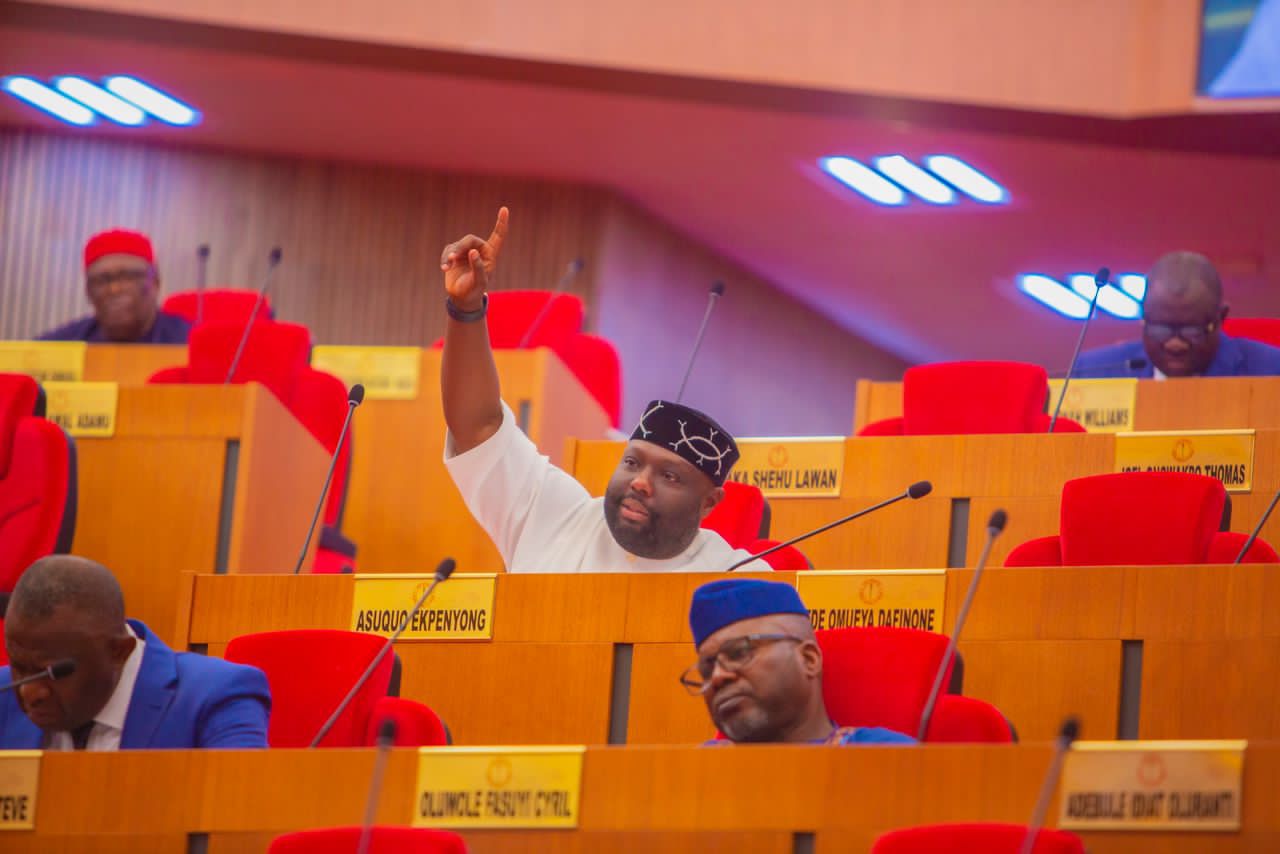Category: Politics
-
Trump tariffs: Keir Starmer calls for ‘calm’ heads as he warns of ‘economic impact’
Keir Starmer has vowed the UK will respond to the imposition of US tariffs with “cool and calm heads.” Speaking to business leaders at Downing… Read More
-
Karen Bradley: ‘It is time to build upon the world-leading Modern Slavery Act’
When the Modern Slavery Act passed into law, the day that Westminster prorogued for the 2015 general election, parliamentarians from both chambers and all parties,… Read More
-
Neil Shastri-Hurst: ‘US Tariffs could do irreparable damage to Britain’s historic car and manufacturing sectors’
Rhetoric around enforcing tariffs in the name of “protecting” the domestic market is often a false narrative. It is invariably framed around bringing more business… Read More
-
10th National Assembly: Senator Asuquo Ekpenyong Listed Among Top 10 Senators with Most Bills Sponsored in 1 Year
The 10th National Assembly has witnessed increased legislative activity, with senators spearheading significant bills A list has emerged detailing the top 10 senators who have… Read More

-
PMQs verdict: Ed Davey bests Starmer by taking on Trump
Ed Davey launched the Liberal Democrats’ local elections campaign this week by bounding (stumbling) over ankle-high fences in Henley-on-Thames. The message was that in such… Read More
-
Tim Roca: ‘Brexit has left Britain weaker — the UK-EU reset must go further’
Last week, I spoke in a Westminster Hall debate on the UK’s relationship with the European Union — a discussion that, nearly eight years after… Read More
-
Sharon Hodgson: ‘Compensation for pelvic mesh and valproate scandal victims is long overdue’
We are now over 365 days post publication of the Hughes report, which poses the question: what has happened as a result? It is disappointing… Read More
-
Starmer told to stand with Canada and Europe in ‘united front’ against Trump tariffs
The prime minister has been urged to adopt a “united front” alongside Europe and Canada as a trade war with the United States looms. It… Read More
-
Gov Otu’s staunch supporter, Tony Eteng, lauds him for ongoing road projects at Satellite Town
…Endorses the governor for second term Brimmed with excitement, one of Senator Prince Bassey Otu’s staunch supporters, Tony Eteng, has showered encomiums on the… Read More

-
What Trump’s ‘liberation day’ will mean for Keir Starmer
It is “liberation” eve and as the United States prepares to lumber tariffs on some of its closest allies, one individual not feeling the emancipatory… Read More